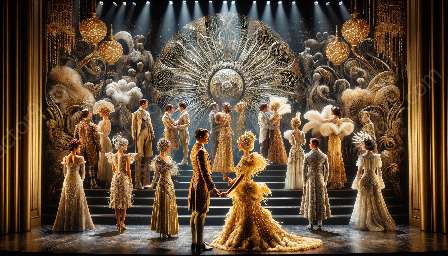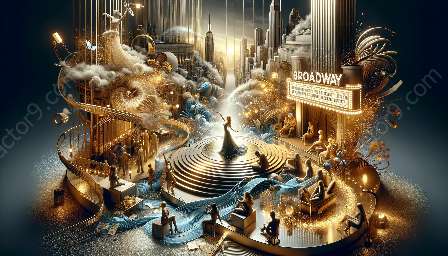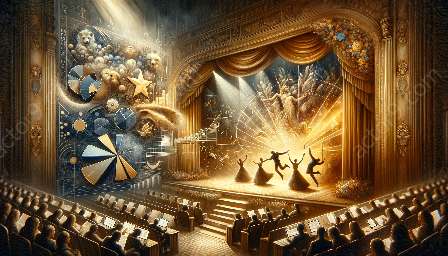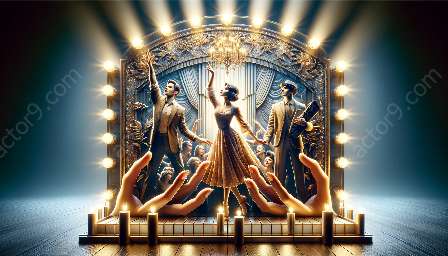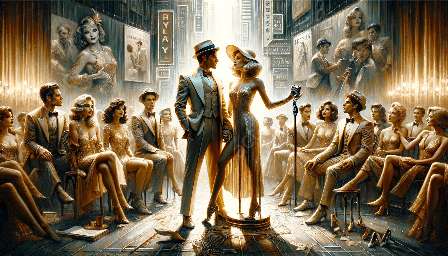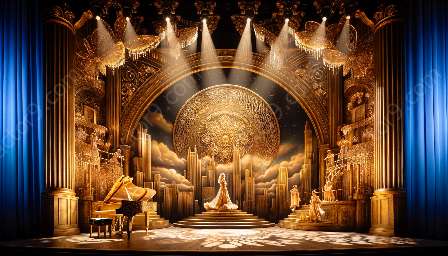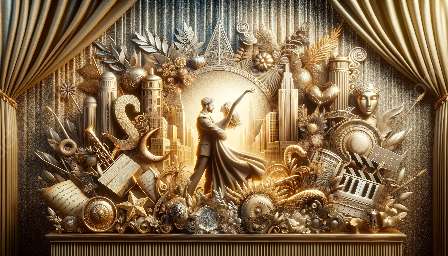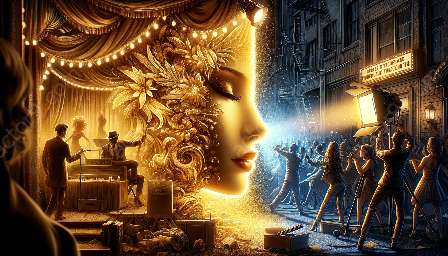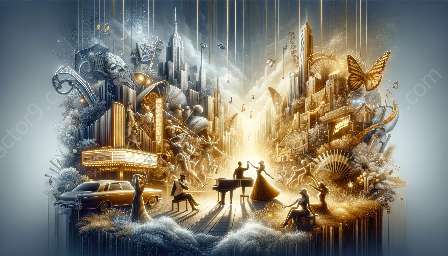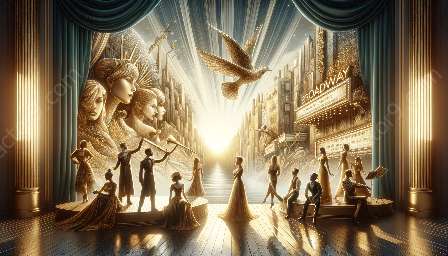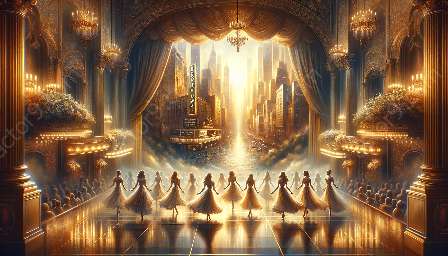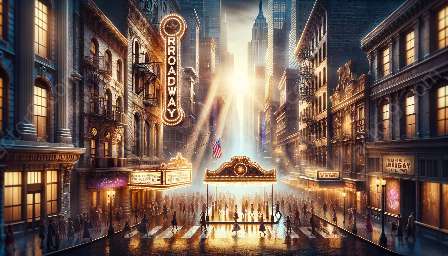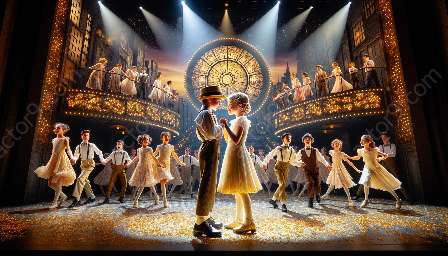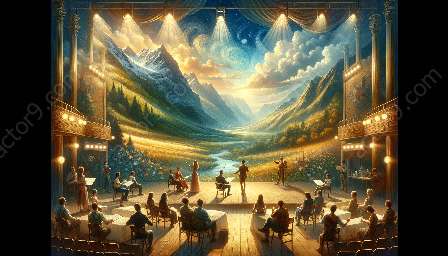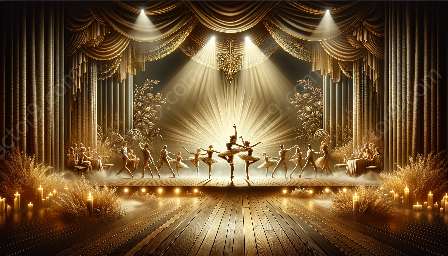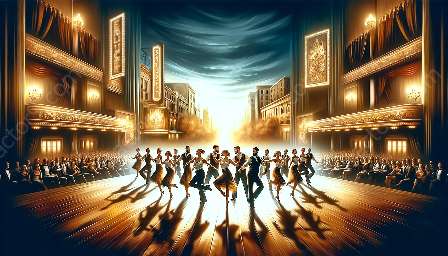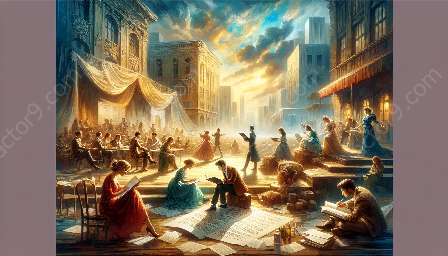Broadway and musical theater have served as powerful platforms for addressing social issues and sparking meaningful conversations. Through their compelling storytelling and emotive music, these productions have evolved to reflect and critique the times, shaping public awareness and fostering dialogue around key social issues.
Setting the Stage
From its early origins, Broadway musicals have often harbored social commentary, using the stage as a space for reflection and examination of the human experience. Musicals such as "Show Boat" in 1927 addressed racial prejudice and inter-racial relationships, breaking ground for discussing sensitive topics through song and dance.
The Impact of West Side Story
"West Side Story" (1957) stands as a pivotal point in the evolution of social commentary in musical theater, delving into themes of immigration, racism, and gang violence. Adapted from Shakespeare's "Romeo and Juliet," this musical reimagined the timeless story against the backdrop of 1950s New York City, shedding light on the hardships and tensions faced by marginalized communities.
Activism on Stage
In the 1960s and 1970s, Broadway became a hub for socio-political reflection, mirroring the era's activism. Musicals like "Hair" (1967) and "Rent" (1996) addressed countercultural movements, LGBTQ+ rights, and the AIDS crisis, instigating vital conversations and challenging societal norms.
Relevance in Contemporary Times
Today, Broadway musicals continue to hold up a mirror to society, exploring and critiquing current social issues through diverse narratives and characters. Works such as "Hamilton" (2015) offer a fresh perspective on history and diversity, sparking conversations about race, power, and representation.
The Intersection of Art and Activism
Broadway and musical theater serve as unique realms where art and activism intersect. Productions often inspire social awareness, empathy, and action, propelling audiences to reflect on their own beliefs and contributions to a better society.
Conclusion
From early productions to contemporary hits, the evolution of social commentary in Broadway musicals and musical theater has witnessed a powerful transformation, amplifying the voices of marginalized communities and challenging societal norms. These productions have not only entertained but also educated, moved, and inspired audiences, leaving a lasting impact on popular culture and social consciousness.







